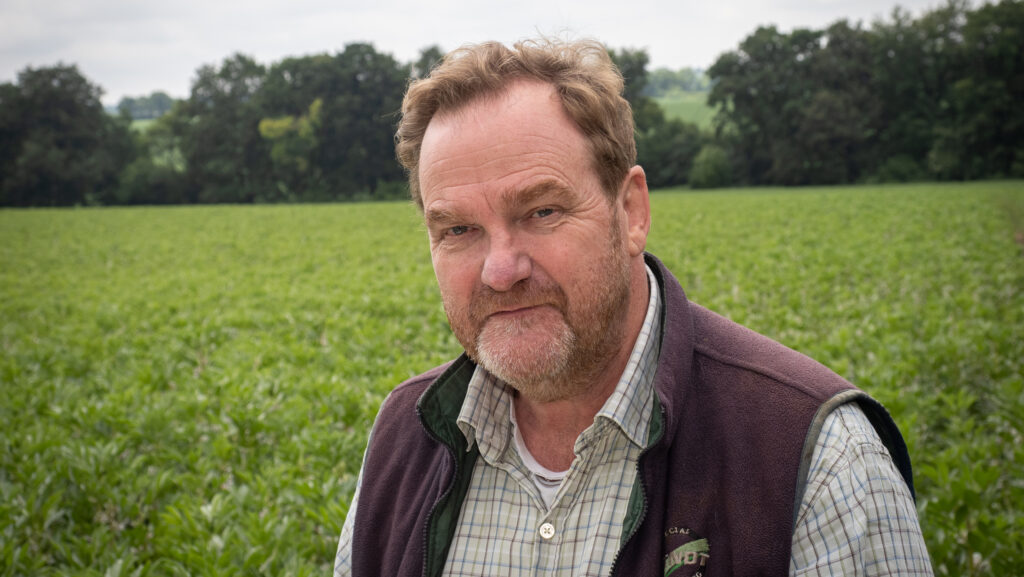Opinion: Daytime TV preferable to ‘ecodrivel’
 © Kathy Horniblow
© Kathy Horniblow “I’ve found your new job!” shouted the lovely Mrs F from her desk in the hall.
She had to shout because I was enjoying my daily dose of Homes Under the Hammer on one of those “long way down the list” television channels.
I was on the sofa with a cup of tea, a duvet and a cat in my lap. If I’m disturbed from playing the “Martin Roberts invisible piano” game, it had better be important.
See also: Opinion – ‘lorry rage’ soon turns to melancholy
But this sounded very exciting; dozens of lucrative job offers have failed to materialise in the past couple of years – hence the many hours spent watching daytime telly.
Could this be the one to tear me away from relishing June’s next appearance in the SunLife over-50s ad? I asked Mrs F to send me a link.
The job description did not start well. Someone was after a “nature-based solutions officer”.
Ignoring the maxim that if a job title has to be explained, it’s not a real job, I read on.
“Are you a dynamic, passionate professional?” it asked. I instinctively recoil from any job advert that demands passion, and I don’t think I’ve been dynamic since 1982.
Applicants should aspire “to play a pivotal role in the battle against the dual crises of our time, nature depletion and climate change”.
I thought I could see where this was heading: a modern-day Swampy needed to occupy the forest.
Then it got a bit confusing. “We are seeking a dynamic and results-driven sales lead to spearhead our voluntary biodiversity credits sales initiatives.
The ideal candidate will have a strong background in sales…” So, now it’s Swampy at a desk making annoying cold calls.
But who placed the advert? The South Downs National Park Authority, of course, whose “Environmental Improvement Plan (2023) lays down the challenge to raise £1bn a year from the private sector by 2030 to finance nature’s recovery”.
Our village is sited in the western reaches of the South Downs, and we’re used to the roads being adorned with rust-coloured “welcome” signs with letters that spend a lot of time falling off, Fawlty Towers-style. A snip at £300,000 for the set.
Luckily, the role of solutions officer, which could offer a salary in excess of £40,000 a year, has been “made possible by support from Defra, the Environment Agency and Natural England in the form of grant funding secured through the Natural Environment Investment Readiness Fund (NEIRF) III programme.” (AKA “the taxpayer”.)
To earn your 40 grand, you need to “drive forward our pioneering work to unlock private finance to fund nature’s recovery” and “support the establishment of a new nature market, known as Voluntary Biodiversity Credits, which is specifically focused on voluntary corporate investment in nature”.
But look lively – the park authority is “impatient for results and wants to further establish and accelerate our nature-based solutions work to secure high integrity environmental schemes”.
I’ve studied greenwashing gibberish for years (I’m a National Trust tenant, after all), and I think I’ve established that the successful applicant will be expected to ring up companies and ask them to cough up for meaningless certificates to save something that is indefinable – “nature” – although it will look oh-so-worthy on the company’s website.
I quickly decided that I lacked passion, sales skills, and the ability to talk vacant-eyed ecodrivel. The sofa beckoned. Daytime telly suddenly seemed a beacon of sanity.

